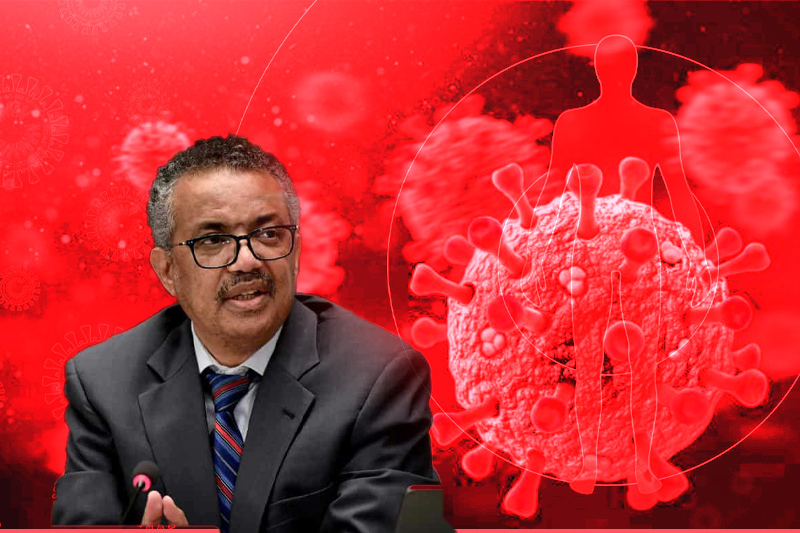
WHO chief calls for immediate action to tackle long Covid impact
The chief of WHO (World Health Organization) has stressed on the devastating impact of long Covid that is effecting lives of tens of millions of people across nations, and thereby overwhelming the health care systems and economies of countries. The chief has issued the warning as he urges countries to “launch immediate and sustained efforts to tackle the very serious crisis”.
“The world has never been in a better position to end the Covid-19 pandemic, but it is also very clear that many of those infected by the virus, which first emerged in China in late 2019, are still experiencing prolonged suffering”, the WHO director general, Dr Tedros Adhanom Ghebreyesus, said.
According to WHO, Covid-19 has claimed lives of almost 6.5 million people and has infected over 600 million. The leading health organization has estimated that 10 per cent to 20 per cent of survivors have been “left with mid- and long-term symptoms such as fatigue, breathlessness and cognitive dysfunction”. It has also been noted that women are more likely to experience the effects of long Covid.
Keep Reading
“While the pandemic has changed dramatically due to the introduction of many lifesaving tools, and there is light at the end of the tunnel, the impact of long Covid for all countries is very serious and needs immediate and sustained action equivalent to its scale,” WHO director general Tedros said, writing for the Guardian. “Early in the pandemic, it was important for overwhelmed health systems to focus all of their life saving efforts on Covid-19 patients presenting with acute infection,” he said. “However, it is critical for governments to invest long-term in their health system and workers and make a plan now for dealing with long Covid.”
“This plan should encompass: providing immediate access to antivirals to patients at high risk of serious disease, investing in research and sharing new tools and knowledge as they’re identified to prevent, detect and treat patients more effectively. It also means supporting patients’ physical and mental health as well as providing financial support for those who are unable to work,” WHO chief stresses.




